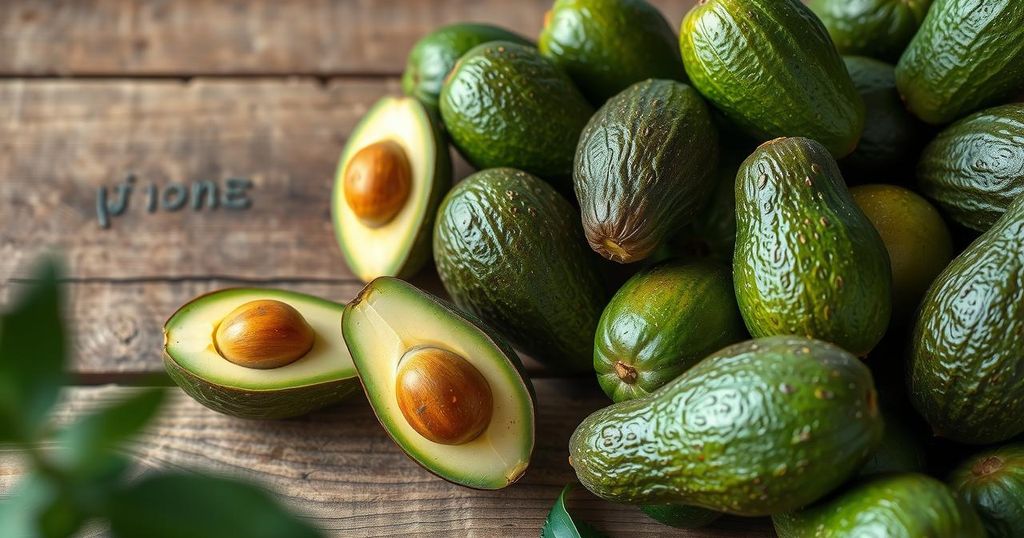Recently, Mexico was ranked the third happiest country globally in the Ipsos Happiness Index 2025. With 82% of respondents reporting happiness, the country follows India and the Netherlands. Additionally, Mexico has made a notable ascent to 10th place in the World Happiness Report from 25th last year, primarily driven by strong family connections and social appreciation. Overall, Mexico’s happiness ranking contrasts with trends of declining global happiness levels.
According to the recent Ipsos Happiness Index 2025, Mexico is now ranked the third happiest country in the world. This ranking is based on a survey where 21% of respondents described themselves as “very happy” and 61% as “somewhat happy,” culminating in 82% expressing happiness. Only India and the Netherlands outperformed Mexico, achieving 88% and 86%, respectively.
In comparison to last year’s survey, where Mexico held a second-place position with 83%, the current happiness levels indicated a slight decrease. The survey results were released on March 20, coinciding with the United Nations’ International Day of Happiness, although it is distinct from the annual World Happiness Report published by the U.N.
The World Happiness Report posits Mexico at 10th place, a notable rise from 25th place last year and 36th two years prior. The Ipsos survey delves into self-reported happiness, examining influences such as familial relationships and financial conditions.
Factors contributing to happiness in Mexico include family and children, highlighted by 45% of participants. Feeling valued and appreciated is also significant for 34% of respondents, emphasizing the importance of interpersonal relationships in Mexican culture. Mental well-being is acknowledged by 32%, while financial circumstances and physical health are less prioritized at 23% and 28% respectively.
Marital status appears to influence happiness, where 87% of married individuals report high levels of happiness compared to 13% of singles. Employment status further impacts happiness, as 84% of employees express happiness, contrasted with only 16% of those unemployed. Interestingly, the global averages show that 16% of respondents worldwide are “very happy,” indicating that Mexico’s happiness score exceeds this by five percentage points.
The Ipsos index has revealed a decline in worldwide happiness over the past 14 years, with 15 of the 20 countries tracked showing lower happiness levels now than in 2011. Notably, the United States has experienced a significant drop, ranking 21st this year at 68%, down by 16 spots from its ranking in 2011.
Furthermore, the World Happiness Report, conducted in collaboration with Gallup, the Oxford Wellbeing Research Centre, and the U.N. Sustainable Development Solutions Network, includes data from 147 countries and evaluates various happiness factors. Mexico’s improved ranking reflects a positive trend from 46th in 2020 to 25th and now to 10th.
Finland continues to lead the World Happiness Report for the eighth consecutive year, while the U.S. has fallen to its lowest historical placement at 24th. This year’s top five also includes Denmark, Sweden, Iceland, and the Netherlands. According to the findings, larger household sizes often correlate with higher happiness levels, alongside shared family meals, which significantly enhance well-being across regions.
Mexico’s remarkable achievement in the Happiness Index 2025 and its significant rise within the World Happiness Report reflect a cultural appreciation for family, interpersonal relationships, and social connections. Despite global declines in happiness, Mexico’s performance, particularly regarding employment and marital status, illustrates the vibrant social fabric contributing to individual well-being. The findings underscore the importance of community and quality relationships to increasing happiness levels within nations.
Original Source: mexiconewsdaily.com




